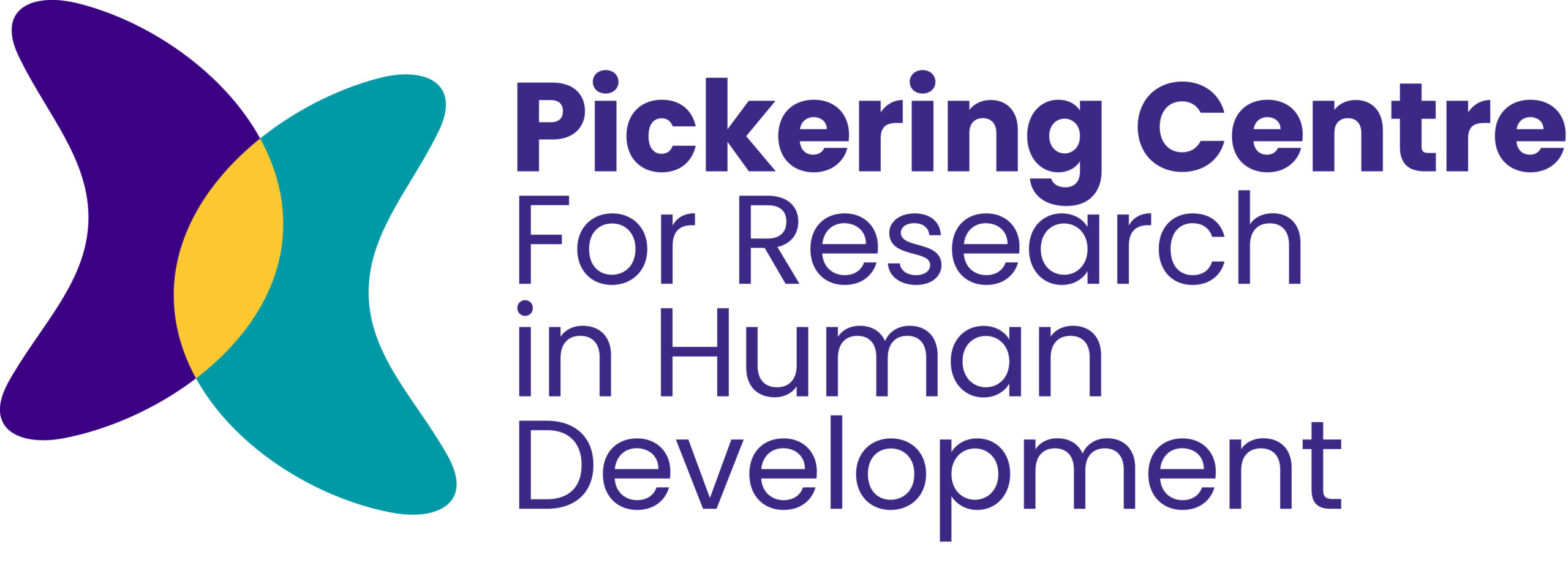Journal of Early Education and Development
Submit a Manuscript to the Journal Early Education and Development
For a Special Issue on: “Supporting Early Learning and School Readiness: A Multi-Dimensional and Multi-Contextual Approach to Understanding Self-Regulation”
Special Issue Editor(s)
Jeffrey R. Gagne, Texas A&M University
Christine Pajunar Li-Grining, Loyola University Chicago
Guadalupe Díaz Lara, California State University-Fullerton
Marisha Humphries, University of Illinois, Chicago
Supporting Early Learning and School Readiness: A Multi-Dimensional and Multi-Contextual Approach to Understanding Self-Regulation
In this special issue, we intend to examine self-regulation and its role in early learning during the transition to elementary school by integrating perspectives that reflect cognitive, linguistic, and emotional domains of self-regulation,1-4 family influences, race/ethnicity, and socioeconomic status (SES). Put differently, we seek to bring together a group of studies that offer a comprehensive understanding of how self-regulation functions via different perspectives and within various contexts, to inform efforts to support young children’s early learning and school readiness.
While situating self-regulation in socioeconomic and sociocultural contexts, the field must continue extending knowledge of cognitive, linguistic, and emotional dimensions of self-regulation, rather than focusing on one definition. Various approaches to studying self-regulation include the theoretical contexts of delay of gratification and willpower, the cognitive neuroscience executive functioning (EF) approach, bio-behavioral or neurophysiological methods, the influence of multilingualism, and the behavioral and emotional temperament perspective.3,5 These ways of examining self-regulation involve differences in conceptual frameworks, methodology, measurement, and the age of the children of focus.6-7 Although contemporary self-regulation theory and research typically reflects either the EF or the temperament effortful control (EC) approach,8 it is critical to recognize that self-regulation processes can be cognitive, linguistic, and emotional.9
Understanding children’s development of self-regulation requires awareness of the contexts in which they live, and knowledge of both their development and environment can inform efforts to support children. Ways of defining parent and family influences on children’s self-regulation have broadened beyond traditional approaches that centered on proximal factors such as quality of caregiving.10-11 For example, self-regulation has been examined in both socioeconomic and sociocultural contexts,12-13 which involve several demographic, cultural, and linguistic characteristics of children and families. These characteristics include race/ethnicity, SES, immigration status, and multilingual learner status. Therefore, increasingly important are studies that measure multiple aspects of child and family environments and include theories that take varied approaches to studying parent and family contexts of self-regulation, learning, and school readiness.
Suggested topics include:
- Research that incorporates data on cognitive, linguistic, or emotional approaches to self-regulation, cultural and family influences, early learning, school readiness, or challenges experienced when transitioning to elementary school. This can include bio-behavioral or neurophysiological methods.
- Investigations that include multiple types of measures that reflect cognitive, linguistic, and emotional dimensions of self-regulation and various aspects of socioeconomic and sociocultural contexts (e.g., EF tasks, EC episodes and tasks, school readiness measures, academic outcomes, parent ratings of children, parent self-ratings, relevant demographic data).
- Research on self-regulation interventions that support early learning, school readiness, and the transition to elementary school.
- Conceptual or theoretical articles, literature reviews or meta-analyses that attempt to reconcile the special issue’s multiple perspectives on self-regulation in the context of learning.
